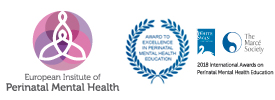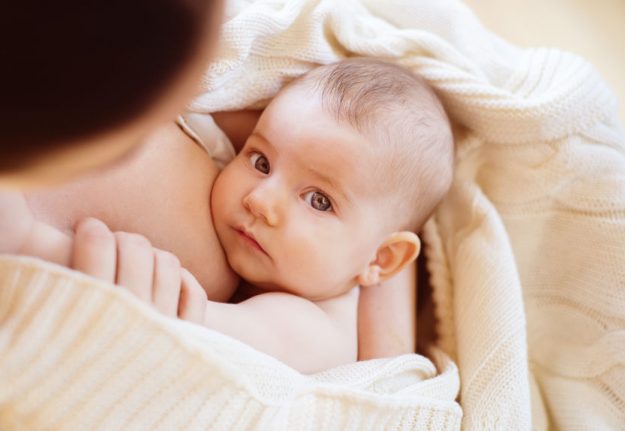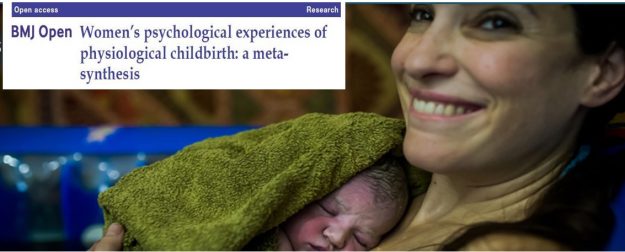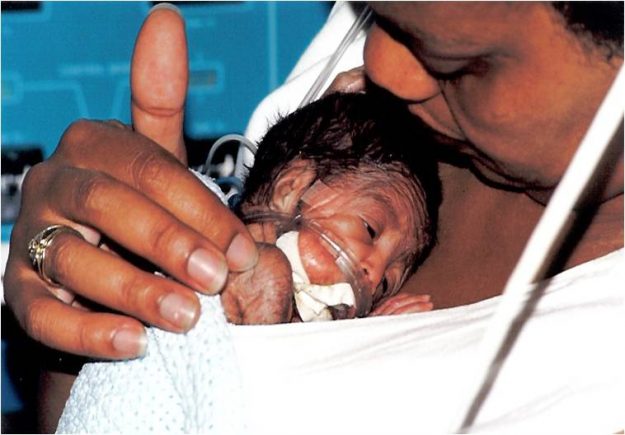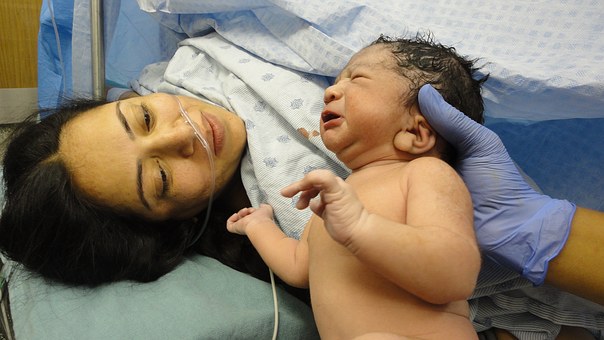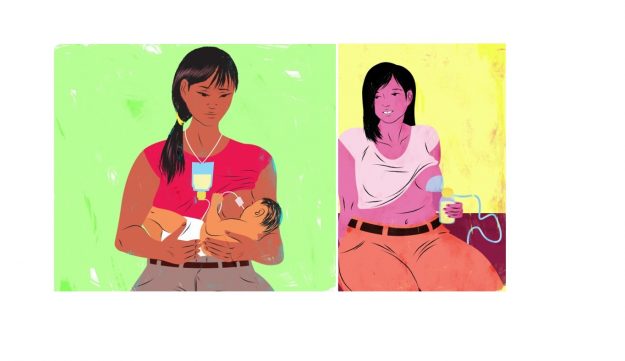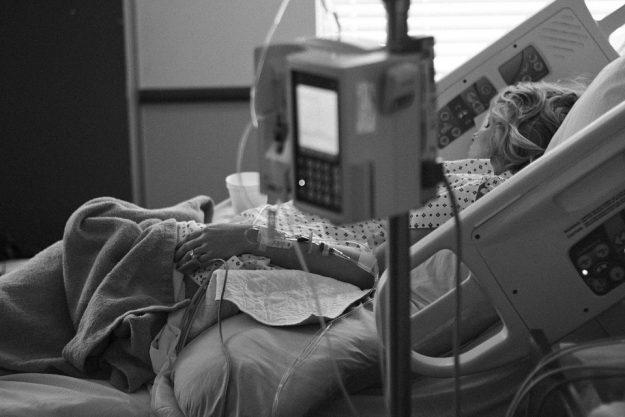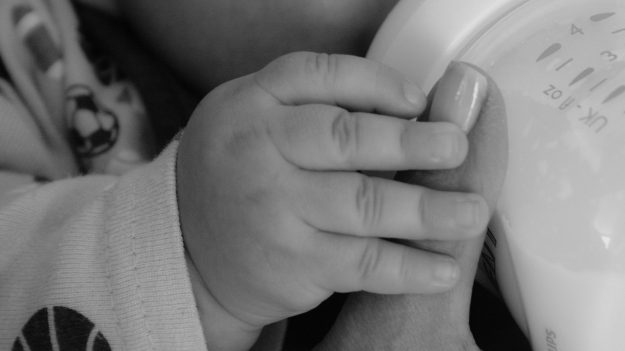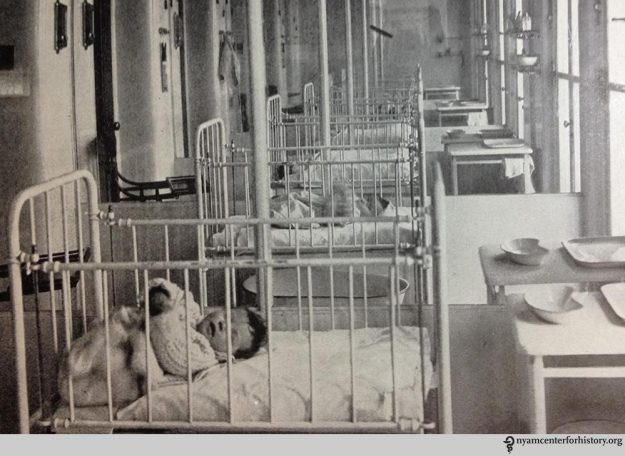Babies protected from effects of intimate partner violence during pregnancy… by breastfeeding
Study suggests that exclusive breastfeeding diffuses the intergenerational transmission of risk for infants born to mothers exposed to intimate partner violence. Women in this situation during pregnancy would benefit not only from psychosocial support, but also from specific breastfeeding support, as this can have major personal and public health benefits. A study from Nôtre Dame…

